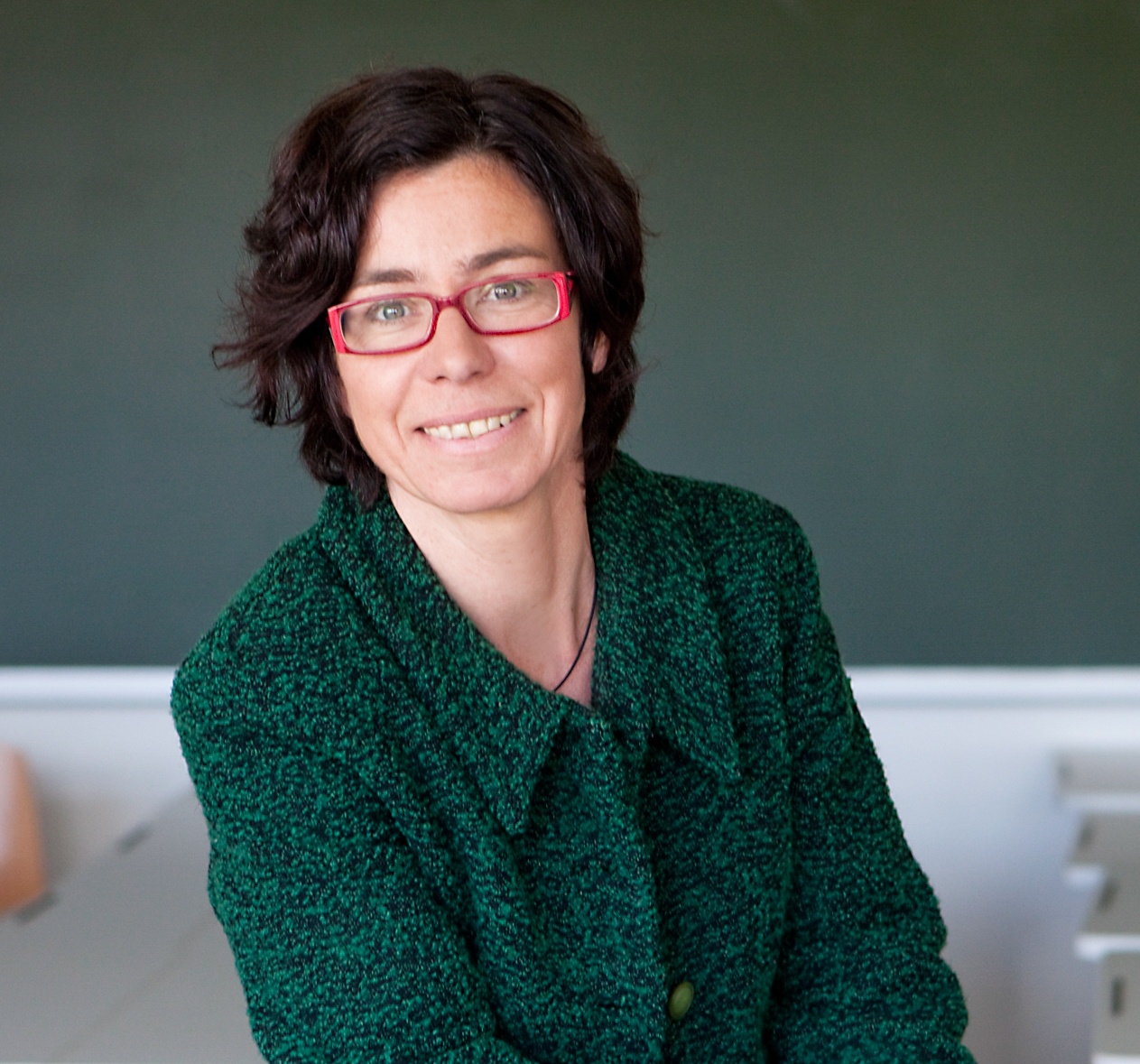Basisgeld

Science, politics and policy making are combined in FRIBIS’ Basisgeld team. Here we are investigating the parameters of a partial Universal Basic Income known as “Basisgeld” in Germany. These parameters include the issues of guaranteed child allowance, education benefits, temporary income (in Switzerland), variants of benefit reduction rates for the citizen’s income and random experiments with UBI. We analyze recent studies on reform elements, e. g. microsimulation studies, draft legislation of Germany’s so-called traffic light (red-yellow-green) coalition as well as international experiences. The results of our studies will be published in the FRIBIS Discussion and Policy Paper series and will also be communicated to decision-makers.
Discussion Paper and Policy Paper series and will be communicated to decision-makers.
Research Team

Prof. Dr. Alexander Spermann
Prof. Dr. Alexander Spermann is a labor market expert who combines academic excellence with practical experience in the non-academic world. He has been Associate Professor at the University of Freiburg since 1999 and a Full Professor at FOM Cologne since 2018. He was Head of Department Labor Economics at the Centre for European Economic Research (ZEW) in Mannheim (2002-2007) and Director of Labor Policy Germany at the Institute for the Study of Labor (IZA) in Bonn (2014-2016). He has published more than 100 scientific contributions and has given more than 200 national and international lectures. Furthermore, he was director at an international stock-listed company (Randstad, 2007-2014). Spermann belonged as IZA director among the 100 most influential economists in Germany according to the FAZ ranking 2016. He leads a research group on “Partial basic income in Germany” at FRIBIS.

Prof. Dr. Ute Fischer
is full professor at the Department of Applied Social Studies. Her research, as economist and sociologist focuses on labour market development in a gender perspective as well as on the causes of poverty, (lack and forms of) democratic development and social politics. She is both member of the German initiative “Freedom Instead of Full Employment”, dealing with UBI, and of the scientific advisory board of the “Basic Income Network” in Germany.

Dr. Stefan Bach
ist wissenschaftlicher Mitarbeiter der Abteilung Staat im DIW Berlin. Seine Forschungs- und Beratungsschwerpunkte sind empirische Finanzwissenschaft, insbesondere Besteuerung, Sozialpolitik, Einkommens- und Vermögensverteilung sowie die Entwicklung von Mikrosimulationsmodellen zur Besteuerung und zur Sozialpolitik. Zu diesen Themen hat er zahlreiche Forschungs- und Beratungsprojekte geleitet. In den letzten Jahren führte Stefan Bach verschiedene Projekte zur Vermögensbesteuerung, zur Rentenreform und zur gesamten Steuerlastverteilung in Deutschland durch.
FRIBIS Team Koordinatorin

Jette Weinel
studied economics at the University of Freiburg and is currently completing her master’s degree in applied economics at the University of Vienna. Her research at the Götz Werner Professorship focuses on the implications of the Unconditional Basic Income on the utility function and tax revenue.
Transfer Team

Dr. Wolfgang Strengmann-Kuhn
Economist, doctorate and habilitation at Goethe-University Frankfurt, Senior Fellow at the Institute for Socialecology (ISÖ), since 2008 member of the Bundestag, 2007/08 Professor for Labour Economics at Goethe-University Frankfurt. Scientific focus: poverty research, labour market economics, reform of social security, basic income.

is Diploma in Administration, University of applied Sciences and arts, Mannheim. He is Head of Product Development and Quality Assurance at Jobcenter Cologne.